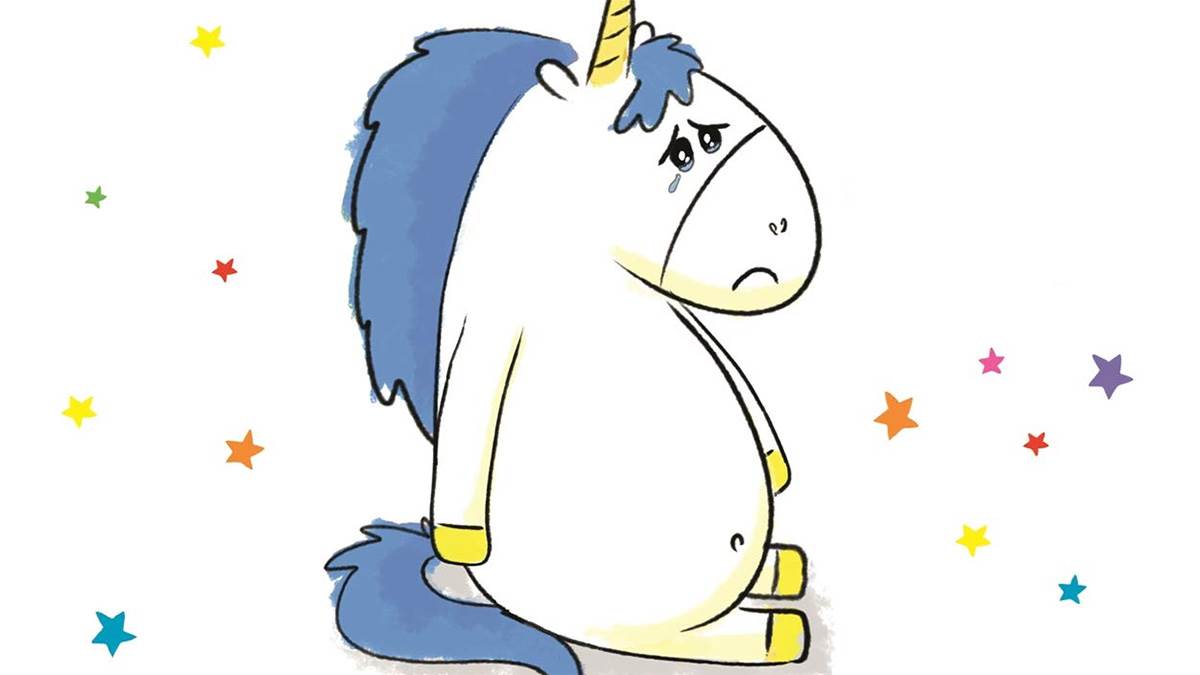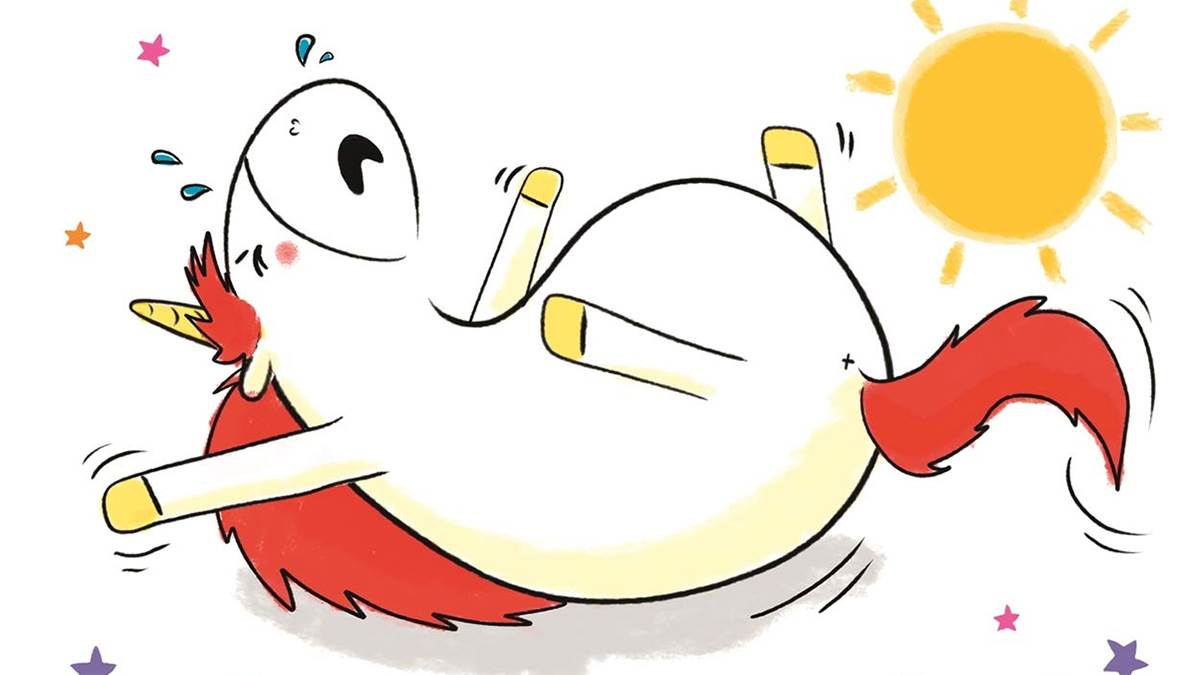How books - and sophrology - could help your children deal with their emotions
Published on: 07 February 2020 Author: Aurélie Chien Chow Chine
Author Aurélie Chien Chow Chine created the Little Unicorn books because she wanted to introduce children to sophrology... but what is it, why is it important, and how could it help little ones deal with difficult feelings?

Sophrology is a therapeutic method that is inspired by zen meditation, yoga, hypnosis and progressive relaxation. I decided that I wanted to train in sophrology, because I was really attracted to its natural approach - it works on the idea that we should all be able to find a solution within ourselves by reconnecting the mind and the body in a more positive way.
I use sophrology to try and give children simple and effective tools that will help them deal with overwhelming emotions. There are various techniques involved, such as using your imagination, positive thinking and breathing exercises, which simultaneously relax the mind and the body - and they work for both children and adults.
When I first began to run workshops on emotions for children, it quickly became obvious that I would need to illustrate the ideas that I was trying to explain. Whilst the words themselves are all quite simple, adding illustrations, colour and images can be really helpful for children and encourages them to use their imagination.
In order to explain these complex ideas to young people, I needed a sweet and comforting character that they would be able to identify with. I also needed a magical character who could change colour according to its emotions: it had to be a little unicorn.
Why we need to help children open up
I wanted all girls and boys to relate to the Little Unicorn's adventures and I also wanted boys to know that they're allowed to cry, to be scared and to feel shy. During my workshops, I often see little boys who say that they're never afraid and never feel sad. After a few sessions, they become less closed off about their emotions and really start to open up.
I try to create a sense of trust and communication between myself, the children and Little Unicorn: a place where they feel safe, where no-one can be made fun of and where we respect each other's emotions.
It's so important for children to understand that everyone has these feelings: boys and girls, children and adults. Emotions are something that we all share.
I try to explain to children that sometimes they are responsible for the positive or negative emotions of their friends, their families and their parents. This is something that they seem to understand very well.
I encourage children to use the Little Unicorn series as a toolbox and pick the book that matches how they're feeling at that time. Once they've identified this emotion, they can then read alone or with their family.

Parents often tell me that the Little Unicorn series has become a regular bedtime story. This makes me so happy because I want Little Unicorn to be the go-to for families when they want to communicate with each other and reflect on how they're feeling.
The series encourages children and parents to talk about their emotions together and use the weather examples within the book to further demonstrate how they're feeling. This makes it much easier for children to, in turn, respond with, 'And what about you? How do you feel today?'
It's really encouraging. Parents and children can practise the deep breathing exercises together and use their imaginations to release negative emotions. This is even more effective if done just before bedtime!
Little Unicorn is Angry and Little Unicorn is Sad by Aurélie Chien Chow Chine are out now in hardback (Buster Books).
Topics: Picture book, Everyday life, Mental health, Features, Feelings






Add a comment